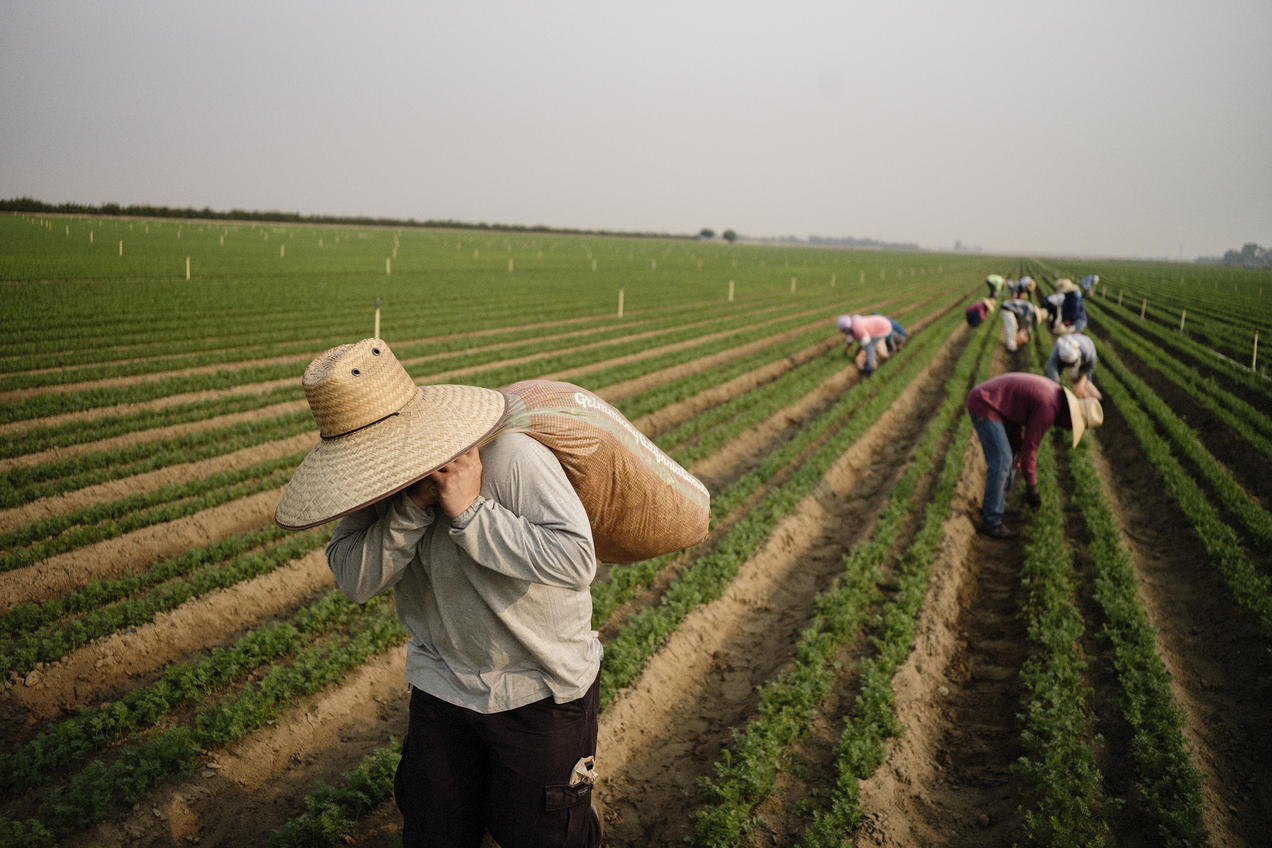
Vidya Sethuraman
India Post News Service
More than 500,000 people are employed in California’s massive agriculture industry, serving in all capacities from picking crops to working at packing plants. Crowded housing and work sites, along with daily exposure to poor air quality, harmful pesticides and a host of underlying conditions make California agri workers highly vulnerable to a COVID-19 infection. In 25 farm-worker communities, infection rates were about 2.5 times higher than the state average.
Speakers at the EMS briefing on Dec 21 discussed the challenges of getting accurate data about the farm-worker community; the impact of expanded MediCal, which aims to provide health insurance to all Californians regardless of immigration status; the need for continuing a vigorous vaccination campaign including updated boosters and their families; and measures to expand access to antiviral treatment for farm-workers.
Dr. Ilan Shapiro Strygler, Chief Health Correspondent and Medical Affairs Officer at AltaMed said “We knew going to farmworkers was essential, but we never felt it until we struggled (with COVID-19) in 2020″. “When most communities were at home, they were out there making sure we could feed our families. And they were getting exposed.” An estimated two-thirds are undocumented. Many come from Indigenous communities in Mexico where Spanish is often rudimentary or non-existent. All these factors contribute to the enormous challenges that exist in ensuring farmworkers have equitable access to healthcare. And as new variants emerge, and winter infection rates rise, Shapiro warns against the prevalence of misinformation and a diminishing sense of urgency around getting vaccinated.
Wearing masking, covering coughs and sneezes and practicing hand washing are also instrumental in preventing the spread of germs and illness.
Ed Kissam, member of the National Center for Farmworker Health Advisory Committee to the Centers for Disease Control and Prevention commended the Test-to-Treat approach, now being implemented by the University of California targeting farmworker communities. Every household in the U.S. is eligible for another round of free test kits. Visit www.covid.gov/tests or call 1-800-232-0233 to order yours. You can also book a free test appointment, find a walk-in test clinic or buy a self-test kit from your local drugstore. Visit www.covid19.ca.gov to learn more.
Arcenio Lopez, Executive Director, Mixteco/Indigena Community Organizing Project said there has been more willingness to work with community based organizations that have a promotora model,” as a result of the pandemic. “They have been the champions for access and education for hard-to-reach populations.






